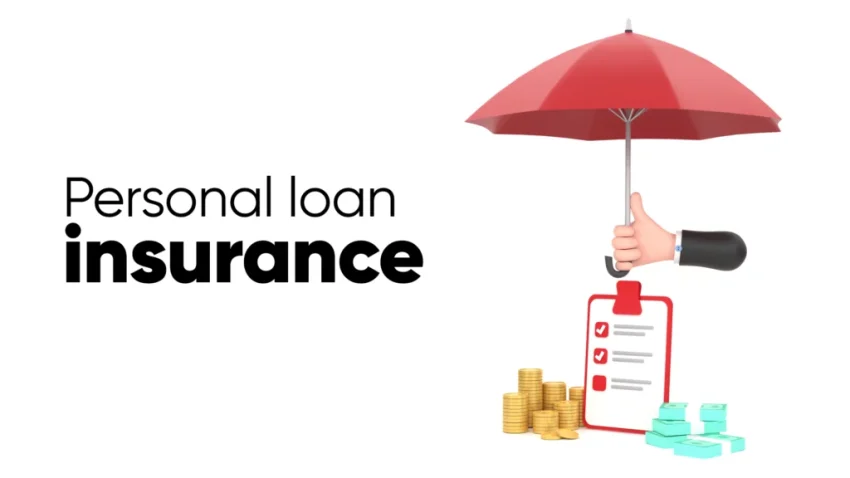Understanding Loan and Insurance: Building Blocks of Financial Stability
In the modern financial world, two essential tools help individuals and businesses achieve their goals while securing their future—loans and insurance. Though they serve different purposes, both play a vital role in effective financial planning and risk management.
What is a Loan?
A loan is a financial product where a lender, such as a bank or non-banking financial company (NBFC), provides funds to a borrower with the agreement that the money will be repaid over time, usually with interest. Loans can be taken for various purposes including education, buying a house, purchasing a vehicle, starting a business, or handling medical emergencies.
Loans are generally categorized into two types: secured and unsecured. Secured loans, like home or auto loans, require the borrower to provide collateral—an asset that the lender can claim if the loan is not repaid. Unsecured loans, such as personal loans, do not require collateral but usually come with higher interest rates due to the increased risk for the lender.
Loan repayment terms vary, with fixed or flexible EMIs (Equated Monthly Installments). Interest rates depend on the borrower’s credit score, income, and the type of loan. Loans offer the advantage of immediate access to large sums of money, which can help achieve life goals without waiting for years to save.
What is Insurance?
Insurance is a contract in which an individual or entity receives financial protection or reimbursement from an insurance company against losses. It is essentially a safety net that helps manage the risks of life, health, property, or business.
There are various types of insurance such as:
-
Life Insurance: Provides financial support to the family of the insured after their death.
-
Health Insurance: Covers medical expenses in case of illness or injury.
-
Vehicle Insurance: Protects against losses from car accidents or theft.
-
Home Insurance: Covers damages to your home due to fire, flood, or other disasters.
-
Business Insurance: Secures businesses from risks such as property damage, liability, or employee-related risks.
Insurance requires payment of a premium, either monthly or annually, and in return, the insurer promises compensation for covered losses. Insurance not only protects individuals but also brings peace of mind by reducing the financial impact of unforeseen events.
Why Both Matter
While loans help you meet immediate financial needs or invest in growth, insurance protects you from unexpected expenses that could derail your finances. For example, a home loan helps you buy your dream house, while home insurance ensures that it remains protected from damage or disaster.
In many cases, both go hand in hand. For instance, when taking a home or auto loan, lenders often require the borrower to have insurance as part of the agreement. This ensures that the asset remains protected throughout the loan period.


